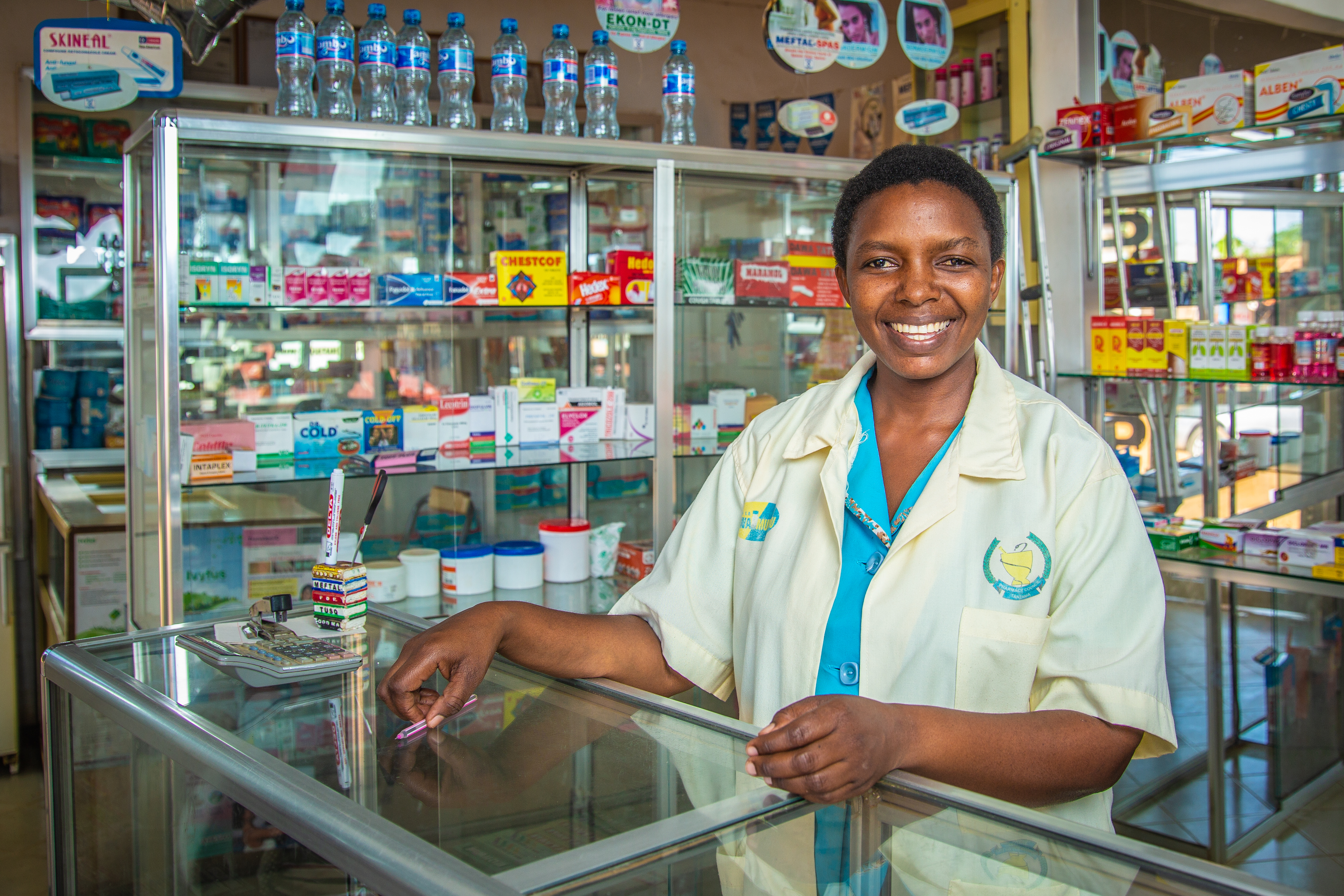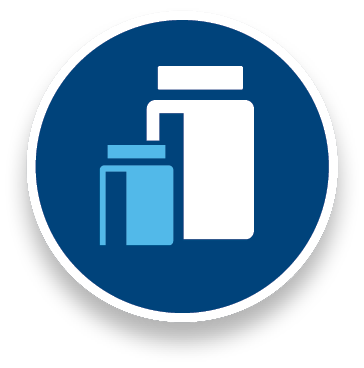Improving access to products and services through Tanzania’s private sector
 Over the past five years, the SHOPS Plus project in Tanzania has catalyzed private sector engagement, improved human resources, introduced products and services, and increased access to finance to improve the country’s health outcomes.
Over the past five years, the SHOPS Plus project in Tanzania has catalyzed private sector engagement, improved human resources, introduced products and services, and increased access to finance to improve the country’s health outcomes.
In September 2021, the project hosted a meeting to highlight its impact. Representatives from the USAID mission along with public and private sector stakeholders attended. Project staff and public and private sector partners shared accomplishments, lessons, and results from the their work.
The meeting focused on five themes:
- Improving government stewardship
- Strengthening private sector business models
- Supporting donor-funded social marketing organizations to transition to more sustainable business models
- Increasing the availability of priority products and services in the private sector
- Strengthening private markets for family planning, HIV, and child health commodities
Improving government stewardship
A 2012 private sector assessment revealed several gaps around stewardship. The gaps included a lack of data and insight into the private sector, which resulted in high levels of mistrust, and an incomplete policy framework for private sector engagement. SHOPS Plus expanded upon initial efforts to improve stewardship by engaging a broader set of stakeholders to help support reforms to make needed changes.
Strengthening private sector business models
The private sector faced challenges around operating viable business models. To address this, the project delivered business and financial management trainings to nurse midwife-owned facilities, accredited drug dispensing outlets (ADDOs), and other providers with content and delivery mechanisms tailored to their specific needs. The project also worked with financial institutions to strengthen existing practices and design and tailor new financing tools and products, such as equipment buybacks and pharmaceutical wholesaler partnerships. This increased the private sector’s ability to access the resources needed to invest in and grow their businesses.
Supporting donor-funded social marketing organizations
The project supported T-MARC, Tanzania’s only local social marketing organization, by focusing the support on two areas. The first area focused on supporting the growth of a fully sustainable social enterprise division, including the introduction of new products and brands. The second area of focus was to strengthen the efficiency and effectiveness of the organization’s social marketing division.
Increasing the availability of priority products and services in the private sector
To increase the availability of priority health services in the private sector, the project sought to empower private providers and retail outlets, primarily ADDOs, with the skills and supplies needed to offer a broader range of quality family planning, maternal child health, and HIV services. This included strengthening pre-service training at private medical training institutes, partnering with government and provider networks to train private providers on services, and brokering partnerships between private facilities and the public sector.
Strengthening private markets for family planning, HIV, and child health commodities
Through the stewardships efforts data was generated on the total market. Using that information, the project worked with government partners to adopt a total market approach for the condom and family planning programs. In addition, the project supported the introduction of new quality assured products and brands in the private sector.
Project impact
| Helped update 9 policies to create a more enabling environment for the private health sector and supported the registration of 3 new products, including the first commercial HIV self-test product and 2 injectable contraceptives | |
| Partnerships with financial institutions have mobilized $10.6 million in private financing for private providers | |
| Trained approximately 900 private providers and retail outlets on topics related to family planning, maternal child health, and HIV | |
 |
Supported facilities and outlets delivered over 300,000 priority health products, such as oral contraceptive pills and other family planning methods, and delivered over 14,000 priority health services such as HIV testing and implant insertion |
To dive deeper into SHOPS Plus’s work in Tanzania, watch the recording of the end-of-project meeting here.